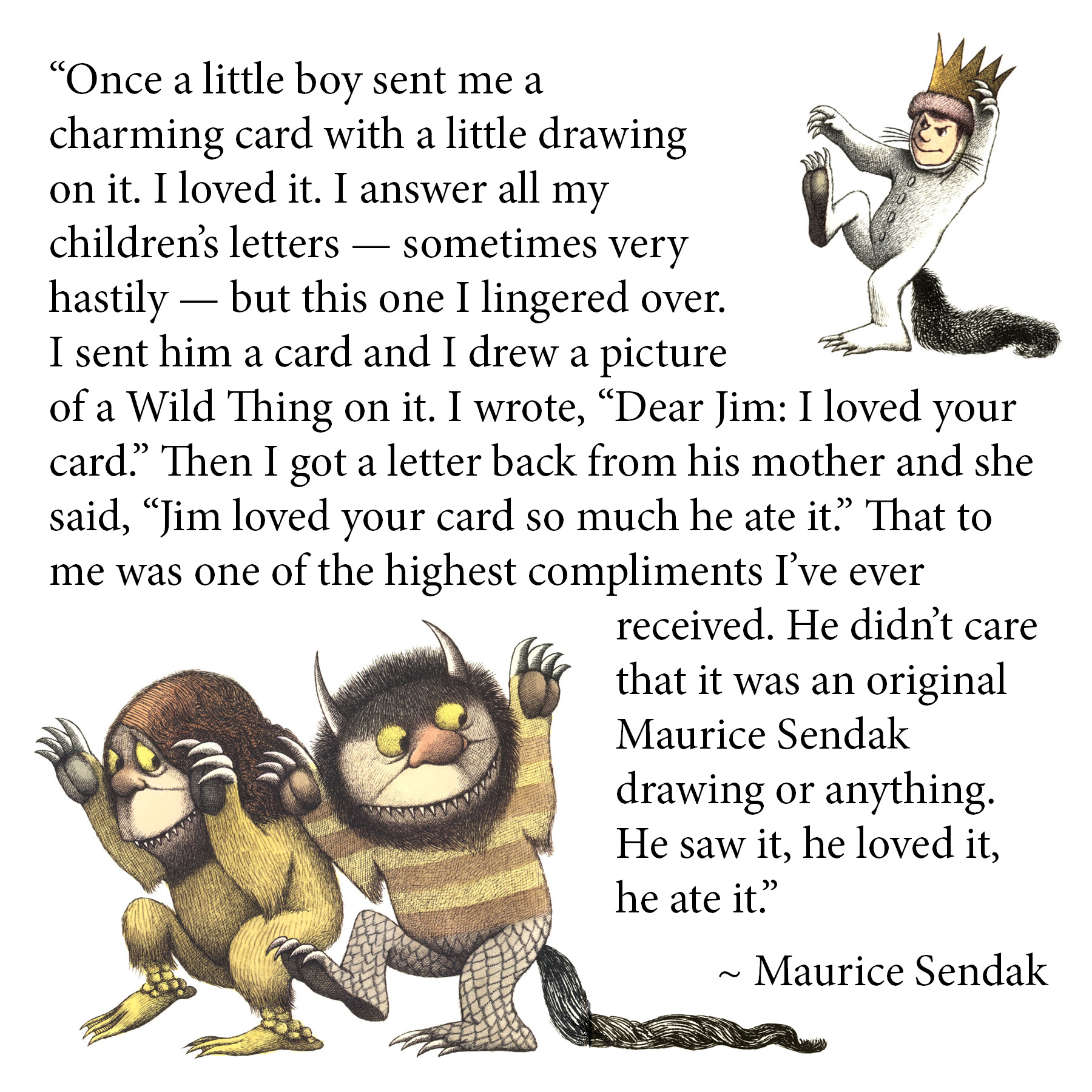When we hear phrases that touch on significant life events, especially something like "passed away suddenly," the words themselves carry a lot of weight. It's really quite natural to wonder about the precise way these words come together and what each part truly contributes to the overall message. You know, language has a funny way of being both straightforward and a little bit tricky, particularly when we're dealing with expressions that describe someone's departure from this life.
The words we choose, and how we put them in order, can make a real difference in how a message is received. Think about it: a single word out of place can sometimes shift the entire feeling of what you are trying to say. This is especially true for phrases that are, perhaps, a little sensitive, or that people hear in moments of deep feeling. We often use language to help us process things, and getting the words just right can be a comfort, or, if they are off, a source of confusion.
So, in some respects, exploring a phrase like "passed away suddenly" isn't just about grammar rules; it's about appreciating how language works to convey something very important. We'll take a look at the parts of this phrase, how they fit, and what makes them work together to give us a clear picture of what happened, particularly when we're thinking about the grammatical bits that make up the words "past" and "passed." It's actually quite fascinating, if you think about it.
- Mlb Weather Forecast
- Pathivara Temple Dress Code
- Where Is Pokimane From
- Leaked Zone Sophie Rain
- Jenn Pellegrino Age
Table of Contents
- What is the Grammatical Heart of "Passed Away Suddenly" Meaning?
- How Do We Use "Passed" When Someone Is No Longer With Us?
- Unraveling the Difference Between "Past" and "Passed" in "Passed Away Suddenly" Meaning
- What Does "Suddenly" Bring to the Phrase "Passed Away Suddenly" Meaning?
- The Power of Word Choice in "Passed Away Suddenly" Meaning
- Common Mix-Ups and How to Avoid Them with "Passed Away Suddenly" Meaning
- Why Does Precision Matter for "Passed Away Suddenly" Meaning?
- Making Sense of Language and Its Impact on "Passed Away Suddenly" Meaning
What is the Grammatical Heart of "Passed Away Suddenly" Meaning?
When we consider the phrase "passed away suddenly," the very first word, "passed," is, you know, really at the core of its meaning. It's the action word here, showing something that has already happened. Think of it this way: "passed" is the completed form of the action "to pass." This is a point that, frankly, causes a bit of head-scratching for some people, because there's another word, "past," that sounds exactly the same but acts quite differently in a sentence. The text we are looking at makes it pretty clear that "passed" is always, and only ever, the form of the action word "pass" that shows something is done. So, if someone "passed the test," or "passed the ball," or, indeed, "passed away," that action is complete. It’s a very specific job this word has, and it sticks to it.
It's actually quite simple when you break it down, in a way. The word "pass" itself can mean many things, from moving from one spot to another, to giving something over, or even to a period of time going by. But when we put it into its past form, "passed," it always describes an action that has finished. So, when you hear "passed away," it's using that completed action form of "pass" to tell you that someone has, well, gone. This is a very common way to speak about someone's death, and it's considered a gentle, polite way to say it. It’s a little bit like saying someone has "gone on" or "departed."
The phrase "passed away" itself is a common way to talk about someone dying, and it uses "passed" as the action word in its finished form. This is quite important to keep in mind, because getting the right word helps convey the right message, especially when the subject is, you know, a bit delicate. The original information points out that "passed" is always the past tense of "to pass," giving examples like "he passed the post" or "he passed away." This shows us that in both cases, the action of "passing" is something that has already taken place. It’s a finished action, truly.
- Pathivara Temple Trekking
- Tatum Oneal Partner
- Where Is Jenn Pellegrino
- Real Carly Jane Age
- Openai Chatgpt Plus Subscription Payment Iran
How Do We Use "Passed" When Someone Is No Longer With Us?
When we talk about someone who is no longer alive, we often use the phrase "passed away." This expression, as a matter of fact, relies entirely on the word "passed" being the past form of the action "to pass." It's not about time that has gone by, which is what "past" would suggest; it's about an action that has been completed. The phrase "passed away" is a very common way people choose to speak about death, often because it feels a little softer or less direct than saying "died." It’s a way of acknowledging the event without using a word that some might find too harsh.
So, when you hear "she passed away," it means that the action of "passing" in the context of life ending, has already happened. It’s finished, you see. The "away" part of the phrase just kind of completes the picture, suggesting a movement from one state or place to another, a departure. It’s a rather gentle way to put it, and it's widely understood. This particular use of "passed" is a prime example of how specific word forms carry specific meanings, and why mixing them up can lead to, well, a bit of confusion. It’s pretty clear, actually, once you get the hang of it.
The original text makes it quite plain that "passed" is exclusively the past tense of the action word "pass." This means that whenever you are talking about an action that has been completed, and that action involves "pass," then "passed" is the word you need. This holds true whether someone "passed a message," or "passed an exam," or, sadly, "passed away." It’s always about an action that is over and done. This distinct use is what helps us avoid common mix-ups and ensures that our meaning is, you know, really clear to others.
Unraveling the Difference Between "Past" and "Passed" in "Passed Away Suddenly" Meaning
The confusion between "past" and "passed" is, frankly, very common, and it’s a key point to sort out when we're talking about phrases like "passed away suddenly." The information provided to us really stresses that "past" and "passed" are distinct words, even though they sound the same. "Past" is, you know, a word that describes time that has gone by, or something that is no longer happening. It can be a noun, as in "in the distant past," or an adjective, like "past times." It's a very busy word, as the text says, taking on different roles depending on the sentence.
On the other hand, "passed" is always, without exception, the past form of the action word "pass." This is a crucial distinction. When someone "passed away," it's about the action of passing being completed. It's not about a time period; it's about an event. So, when you are trying to figure out which word to use, you can usually ask yourself: Am I talking about an action that happened, or am I talking about a time or a place that something went beyond? This simple question can often clear things up pretty quickly, as a matter of fact.
The text highlights that "for everything else, use past." This is a very helpful tip. If you're not describing a completed action of "passing," then the word you need is "past." For instance, if you say "he walked past the store," "past" tells you about the position relative to the store. It’s not an action that was completed by "passing" in the same way someone "passed a test." This difference, while seemingly small, is quite important for clear communication, especially when the subject is as significant as someone's life ending. It's really about choosing the right tool for the job, you know?
What Does "Suddenly" Bring to the Phrase "Passed Away Suddenly" Meaning?
Now, let's look at the word "suddenly" in "passed away suddenly." This word, as you might guess, tells us about the manner in which the "passing away" happened. It means that the event occurred without warning, very quickly, or in an unexpected way. It's an adverb, which means it describes the action. So, when someone "passed away suddenly," it conveys that their departure was not anticipated, or that it happened in a very short amount of time. This addition provides a very important piece of information about the circumstances of the event.
Without "suddenly," the phrase "passed away" simply states that someone has died. But adding "suddenly" gives it a particular flavor, a sense of abruptness or surprise. It paints a picture of an event that was not foreseen, perhaps leaving those around feeling a sense of shock. This word, in fact, changes the nuance of the entire phrase, giving it a more specific meaning about the nature of the event. It’s pretty impactful, actually, for just one word.
Think about how different it sounds to say "he passed away" versus "he passed away suddenly." The second one immediately tells you more about the event, implying that it was not a prolonged illness or a gradual decline. It was, you know, quick. This is where the word "suddenly" really does its work, providing a key detail that shapes the listener's or reader's understanding of what took place. It’s an important modifier, making the meaning much more precise, you see.
The Power of Word Choice in "Passed Away Suddenly" Meaning
The choice of words, especially in sensitive phrases, really does matter. When we combine "passed away" with "suddenly," we're not just stating a fact; we're also conveying something about the impact of the event. The phrase "passed away suddenly" is commonly used to describe an unexpected death, and the words work together to create that specific impression. It’s about being clear and also, in some respects, being respectful of the gravity of the situation. This kind of careful word selection is, you know, very important in communication.
The original text touches on how understanding the differences between "past" and "passed" helps avoid common errors that can affect communication. This applies directly to "passed away suddenly." Using "past away suddenly" would be grammatically incorrect and would, frankly, confuse the meaning. It would make it sound like a time period "away" suddenly, which doesn't make any sense in this context. So, getting the right word, "passed," is, you know, absolutely essential for the phrase to convey its intended message clearly and accurately.
This careful attention to detail in language helps ensure that the message is received as intended. When we use "passed away suddenly," we're relying on the widely accepted meaning of each word and how they combine. It’s a common phrase for a reason: it’s effective and generally understood. The subtle differences between words that sound alike, like "past" and "passed," can really make or break the clarity of what you're trying to say, especially when the subject is, you know, a bit serious.
Common Mix-Ups and How to Avoid Them with "Passed Away Suddenly" Meaning
The frequent mix-up between "passed" and "past" is, as the provided text points out, quite understandable. They sound the same, after all. But to avoid errors when talking about someone who "passed away suddenly," it's helpful to remember that "passed" is always about an action that has finished. If you can substitute the word with another action verb in its past tense, like "finished" or "completed," and it still makes sense, then "passed" is likely the right choice. For instance, "she completed the test" works, so "she passed the test" uses "passed."
If you're thinking about time, or something that is no longer current, then "past" is the word you need. For example, "in the past few days" refers to a period of time. You wouldn't say "in the passed few days." This little trick can really help you sort out which word belongs where, particularly when you're writing or speaking about delicate matters. It’s a very practical way to approach it, you know, and helps keep things clear.
The text emphasizes that "passed" is the past tense of "to pass" for actions, and "for everything else, use past." This simple rule is, frankly, your best guide. When you are constructing a sentence that includes "passed away suddenly," you are talking about an action – the action of someone's life ending – that has been completed. Therefore, "passed" is the correct word. It’s a very straightforward application of the rule, and it ensures that your communication is precise and avoids any unintended confusion.
Why Does Precision Matter for "Passed Away Suddenly" Meaning?
Precision in language, especially with phrases like "passed away suddenly," is, you know, really important for several reasons. First, it ensures that your message is clearly understood. Misusing "past" for "passed" could, for instance, lead to confusion about whether you're talking about a time period or an actual event. When dealing with sensitive topics, clarity is, frankly, absolutely key to conveying respect and accurate information. It's about getting the message across without any extra effort from the person listening or reading.
Second, proper word usage shows a command of language. This can be particularly important in any setting where clear and effective communication is valued. The original text mentions that understanding these differences helps avoid common errors that can affect communication, especially for those looking to improve their business. While this phrase might not be common in business reports, the principle of using words correctly certainly applies to all forms of writing and speaking. It’s about building trust through clear expression, you see.
Finally, using the correct words helps maintain the accepted conventions of language. When we all use words in the same way, it makes communication much smoother and more efficient. The phrase "passed away suddenly" has a widely accepted meaning because the words "passed," "away," and "suddenly" are used according to their established grammatical roles and common understandings. This consistency is, you know, very helpful in ensuring that everyone is on the same page when these important phrases are used. It’s about shared understanding, really.
Making Sense of Language and Its Impact on "Passed Away Suddenly" Meaning
Making sense of how words like "past" and "passed" work, especially when they form part of a phrase like "passed away suddenly," is, you know, a bit like solving a puzzle. Each piece has its own place, and when put together correctly, they create a complete picture. The distinction between "past" as a reference to time or something that has gone by, and "passed" as the finished form of an action word, is, frankly, fundamental to getting this phrase right. It's a simple rule, but it has a big impact on how we communicate.
The phrase "passed away suddenly" is a powerful example of how specific word choices combine to convey a very particular and often sensitive meaning. The word "passed" tells us an action has been completed, "away" signifies a departure, and "suddenly" adds the element of unexpectedness or speed. Together, these words paint a clear picture of an event that was both final and swift. It’s pretty amazing how much information can be packed into just a few words, actually.
So, when you encounter or use the phrase "passed away suddenly," remember that "passed" is the action word in its finished form, describing an event that has concluded. It’s not about a time that has gone by. This understanding helps ensure that your message is clear, respectful, and grammatically sound. It’s about appreciating the small but significant differences that make our language, you know, so very expressive and precise.
- Erin Kane
- Tv Shows With Renée Estevez
- Is George Reeves Related To Christopher Reeves
- Httpscreaterobloxcomdashboardcreations
- Chatgpt Subscription Price Iran



